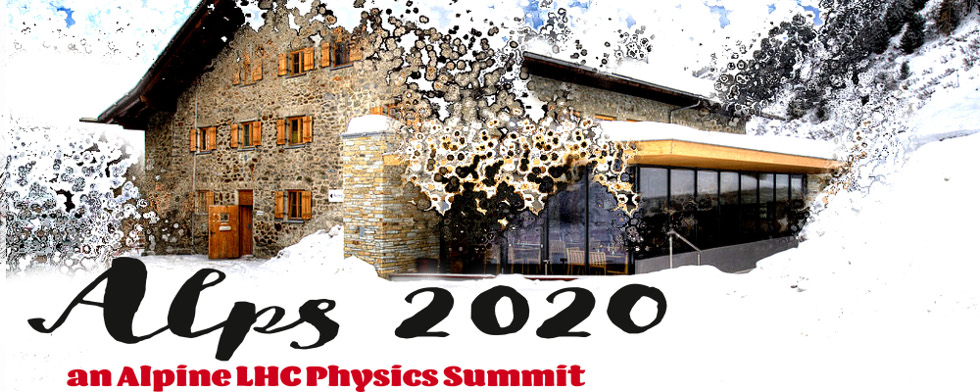Speaker
Description
The Compact Linear Collider (CLIC) is a TeV-scale high-luminosity linear electron-
positron collider under study at CERN. For an optimal exploitation of its physics
potential, CLIC is foreseen to be built and operated in three stages, at centre-of-
mass energies of 380 GeV, 1.5 TeV and 3 TeV, respectively, for a site length ranging
from 11 km to 50 km. Each of the three energy stages adds cornerstones of the full
CLIC physics programme, such as Higgs width and couplings, top-quark properties,
Higgs self-coupling, and searches for new phenomena through direct and indirect
measurements. The construction of the first CLIC energy stage could start by 2026
and first beams would be available by 2035, marking the beginning of a broad CLIC
physics programme spanning 25–30 years. An overview of the CLIC project and its
physics potential will be presented. CLIC has excellent sensitivity to many BSM physics scenarios, both through direct observation and precision measurements of SM processes. New particles can be discovered in a model-independent way almost up to the kinematic limit. Compared with hadron colliders, the low background conditions at CLIC provide extended discovery potential. In addition to studying new particles directly, BSM models can be probed up to scales of tens of TeV through precision measurements. Beam polarisation allows further constraints on the underlying theory in many cases. CLIC offers the ideal environment for precision measurements of top-quark production and properties; including a top-quark mass measurement with a precision of around 50 MeV, top-quark couplings to the electroweak gauge bosons, forward-backward and polarisation asymmetries, the top Yukawa coupling and CP properties in the ttH coupling, and top-quark pair production through vector-boson fusion.
At the high-energy stages new studies have been undertaken using jet-substructure techniques originally developed for the LHC, and the BSM sensitivity provided by the top physics program at CLIC is illustrated using Effective Field Theory (EFT) approaches.
